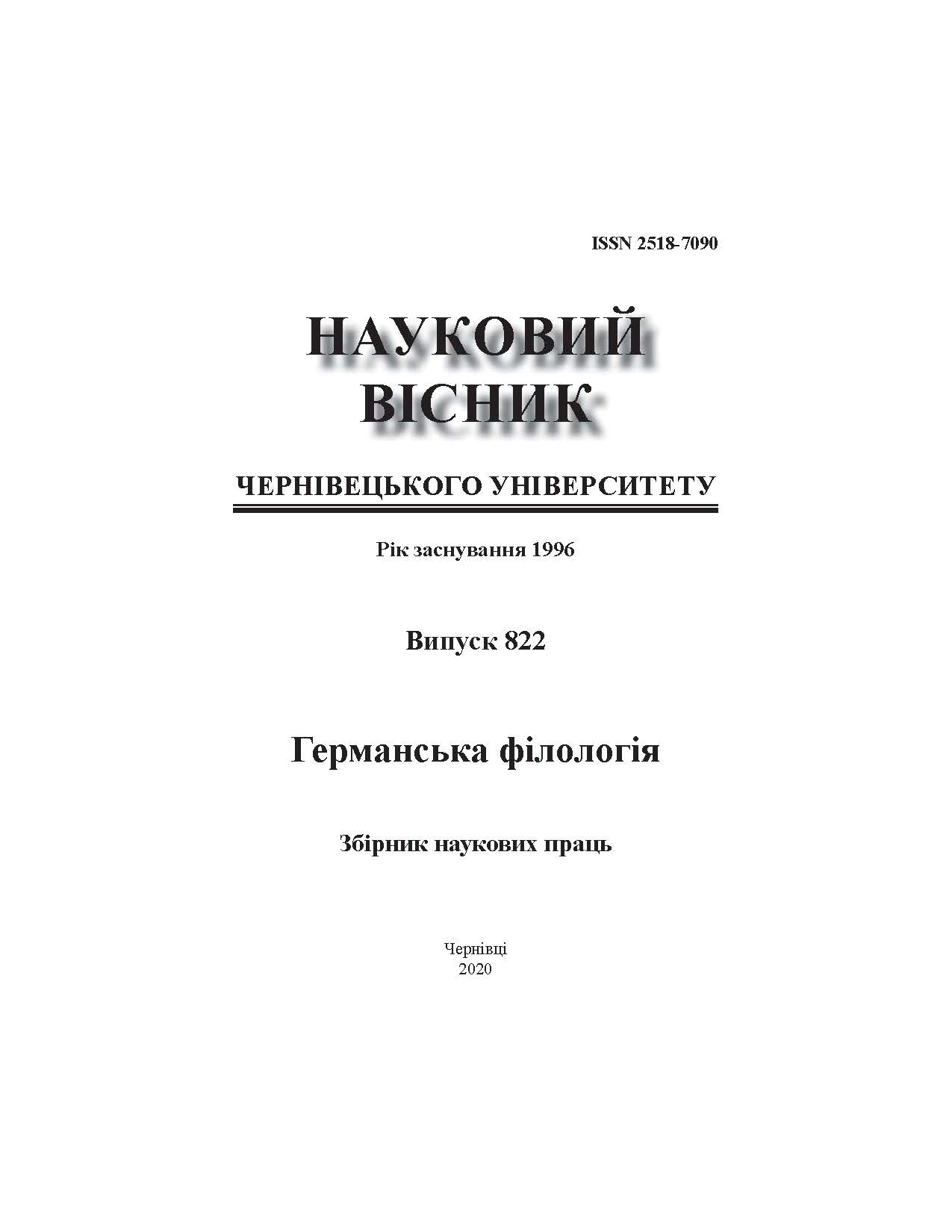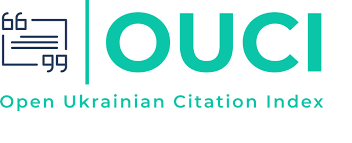ФОРМУВАННЯ НАВИЧОК УСНОГО ПЕРЕКЛАДУ В УЧНІВ СТАРШИХ КЛАСІВ СЕРЕДНІХ ЗАГАЛЬНООСВІТНІХ НАВЧАЛЬНИХ ЗАКЛАДІВ
DOI:
https://doi.org/10.31861/gph2020.822.49-61Ключові слова:
дидактичні принципи навчання перекладу, перекладацька компетентність, усний переклад, переклад з аркуша, послідовний переклад, синхронний перекладАнотація
Статтю присвячено висвітленню питань формування навичок усного перекладу в контексті шкільної освіти. Представлено загально дидактичні принципи навчання перекладу на уроках англійської мови. Для формування і розвитку навичок усного перекладачабуловизначеноосновнезавданнявчителятарозроблено комплекс вправ для чотирьох етапів формування компетентного фахівця. Результати впровадження запропонованих вправ передбачають створення на уроці англійської мови ситуацій, які б чітко відтворювали реалії сучасного конкурентоспроможного фахівця з усного перекладу.







